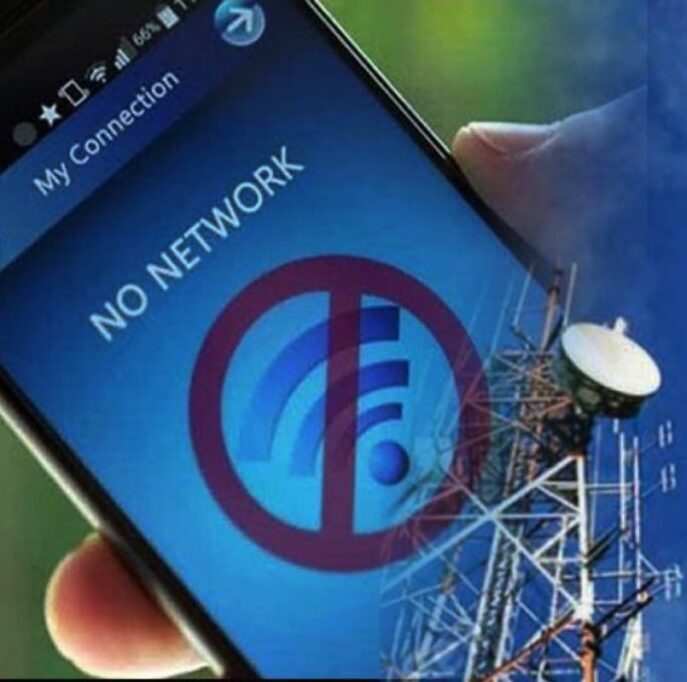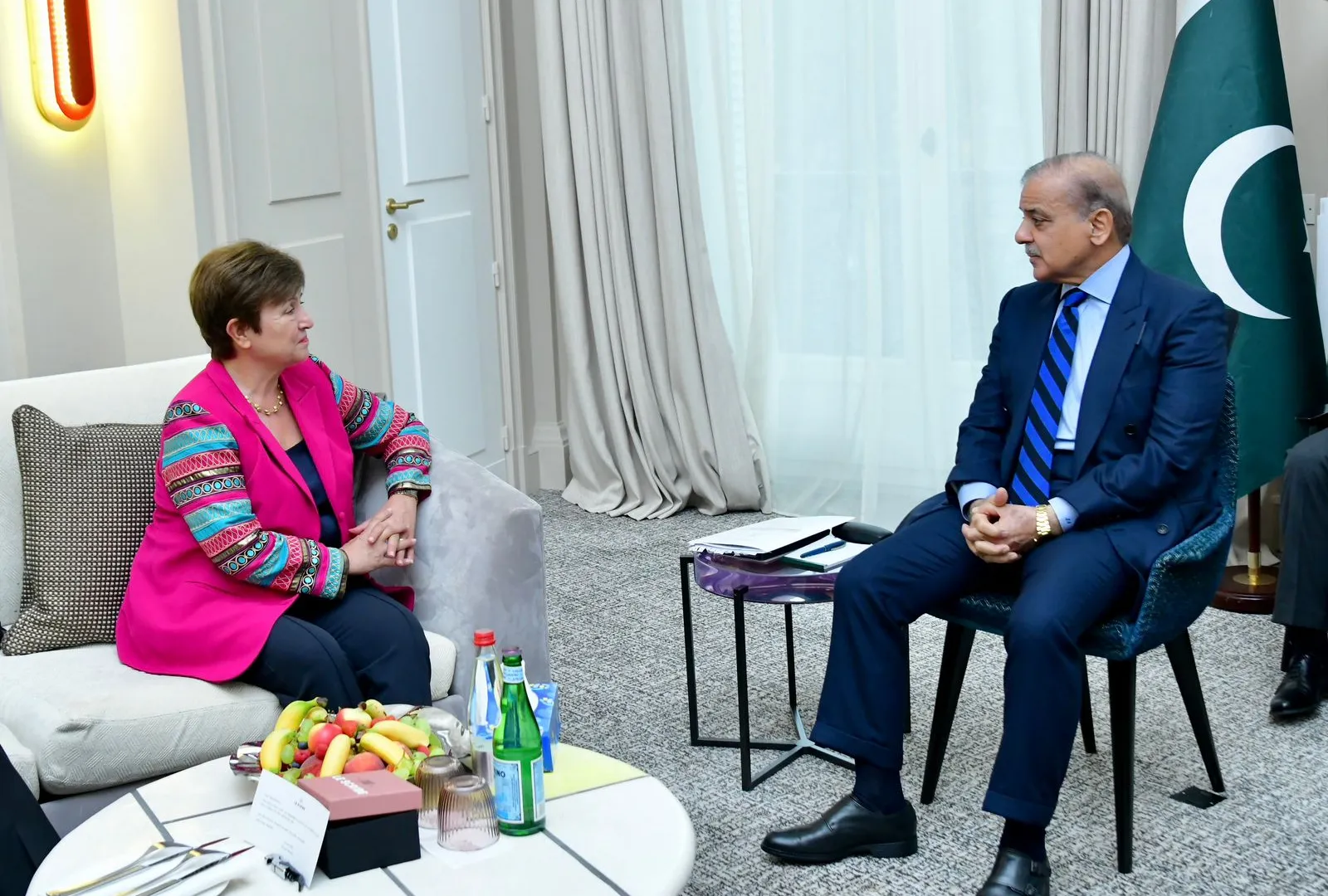The Lahore High Court (LHC) recently witnessed a significant development in the ongoing legal battle concerning internet suspension and the installation of a firewall across Pakistan. Justice Chaudhry Muhammad Iqbal, who was initially set to hear the case, recused himself, redirecting the matter to Justice Shakeel Ahmad’s court. This case, which was filed by the Judicial Activism Panel (JAP), highlights the growing concerns among the public and businesses about the impact of internet disruption on daily life and economic activities.
The Judicial Activism Panel (JAP), a prominent legal advocacy group, had filed an application against the internet suspension and the proposed installation of a firewall system in Pakistan. The case was set to be heard by Justice Chaudhry Muhammad Iqbal. However, in a surprising move, Justice Iqbal excused himself from the hearing and directed that the case be transferred to Justice Shakeel Ahmad’s court. Justice Ahmad has been handling similar cases, making him a suitable choice to preside over this matter. The court ordered that the case be scheduled for a hearing on the same day.
The issue of internet suspension and the potential installation of a firewall in Pakistan has sparked widespread concern among citizens, businesses, and freelancers alike. Multiple petitions have been filed in both the Lahore High Court (LHC) and Islamabad High Court (IHC) against these measures. Petitioners argue that the disruption in internet services is severely affecting online businesses and various aspects of daily life.
In their application, the petitioners emphasized that internet disruptions are wreaking havoc on online businesses, particularly in the freelancing sector. The petitioners requested the court to intervene and direct the authorities to cease any further internet disruptions. They expressed concerns that the installation of a firewall would exacerbate the situation, leading to further restrictions on access to information and communication.
In response to these concerns, the Pakistan Telecommunication Authority (PTA) and the government have provided explanations for the internet slowdown. The PTA Chairman, retired Major General Hafeezur Rehman, clarified that the recent internet issues were primarily due to a damaged submarine cable and the excessive use of Virtual Private Networks (VPNs). According to Rehman, these factors contributed to the slowdown rather than any deliberate action by the government to throttle internet speeds.
Similarly, Minister of State for IT Shaza Fatima Khawaja addressed the growing concerns, stating that the government had not implemented any measures to slow down the internet or restrict access to social media platforms. She reiterated that the excessive use of VPNs by users trying to bypass certain restrictions was creating additional strain on the network, leading to connectivity issues.
Despite the government’s explanations, the internet disruption has had a tangible impact on businesses across the country. Users have reported difficulties in accessing popular social media platforms such as WhatsApp and Facebook, with mobile data services also experiencing significant slowdowns. These outages have caused frustration among users who rely on the internet for communication, business, and entertainment.
The freelancing community in Pakistan has been particularly vocal about the adverse effects of these disruptions. Many freelancers, who depend on a stable internet connection to complete and deliver projects to international clients, have faced severe setbacks. The inability to access platforms, download files, and maintain communication with clients has led to delays and, in some cases, negative feedback from clients. This has tarnished the reputation of Pakistani freelancers on global platforms.
One well-known freelancing platform has reportedly made several accounts in Pakistan unavailable due to the ongoing internet issues. This has further fueled concerns that continued disruptions could lead to long-term damage to the country’s freelancing industry, which has been a significant source of income for many Pakistanis.
The case against internet suspension and firewall installation in Pakistan highlights the broader debate about internet freedom and government control over digital spaces. While the government insists that the recent disruptions are due to technical issues, the concerns raised by businesses, freelancers, and activists suggest that there is a growing need for transparency and dialogue on this issue.
As the case moves to Justice Shakeel Ahmad’s court, many are hopeful that the judiciary will provide clarity on the matter and ensure that the rights of internet users are protected. The outcome of this case could have far-reaching implications for internet governance in Pakistan and the balance between national security concerns and individual freedoms.
In the meantime, internet users across Pakistan continue to face uncertainty regarding their access to online services. The disruption has underscored the importance of reliable internet connectivity in today’s digital age, where businesses, education, and communication increasingly rely on stable and unrestricted access to the web.
As this legal battle unfolds, it will be crucial for all stakeholders, including the government, judiciary, and civil society, to work together to find a solution that ensures both security and freedom in Pakistan’s digital landscape.




